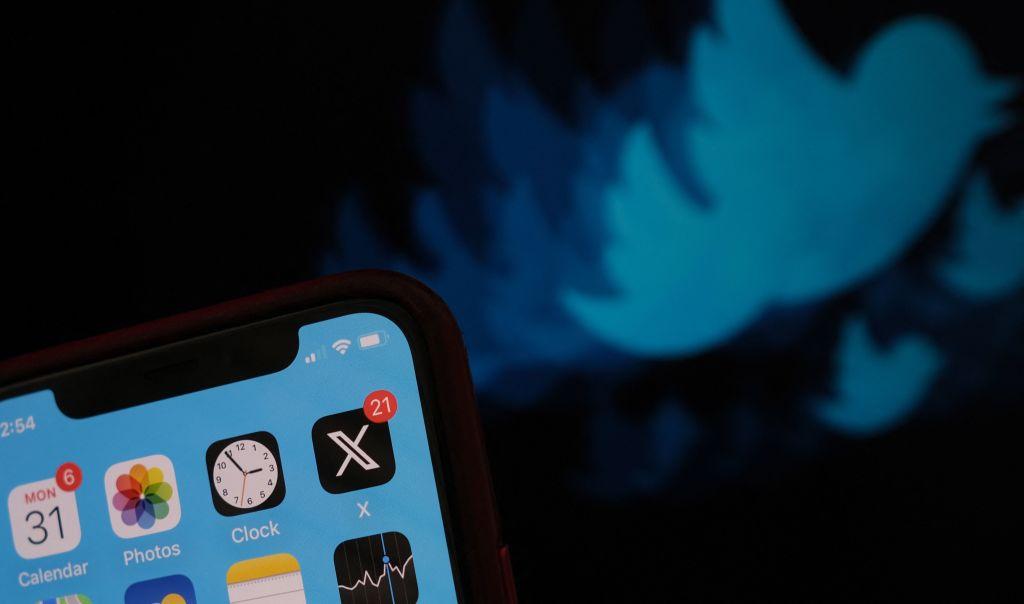Social media platform X filed a lawsuit against a California law aimed at censoring political content online, arguing that the measure chills free speech and violates the First Amendment of the U.S. Constitution.
On Sept. 17, California Gov. Gavin Newsom signed into law Assembly Bill 2655, “Defending Democracy from Deepfake Deception Act,” which mandates online companies with more than 1 million users in the state to label or remove media deemed to be “materially deceptive” that portrays an official or a candidate for elective office. On Nov. 14, X, formerly Twitter, sued California officials challenging the “constitutionality and legal validity” of AB 2655.





